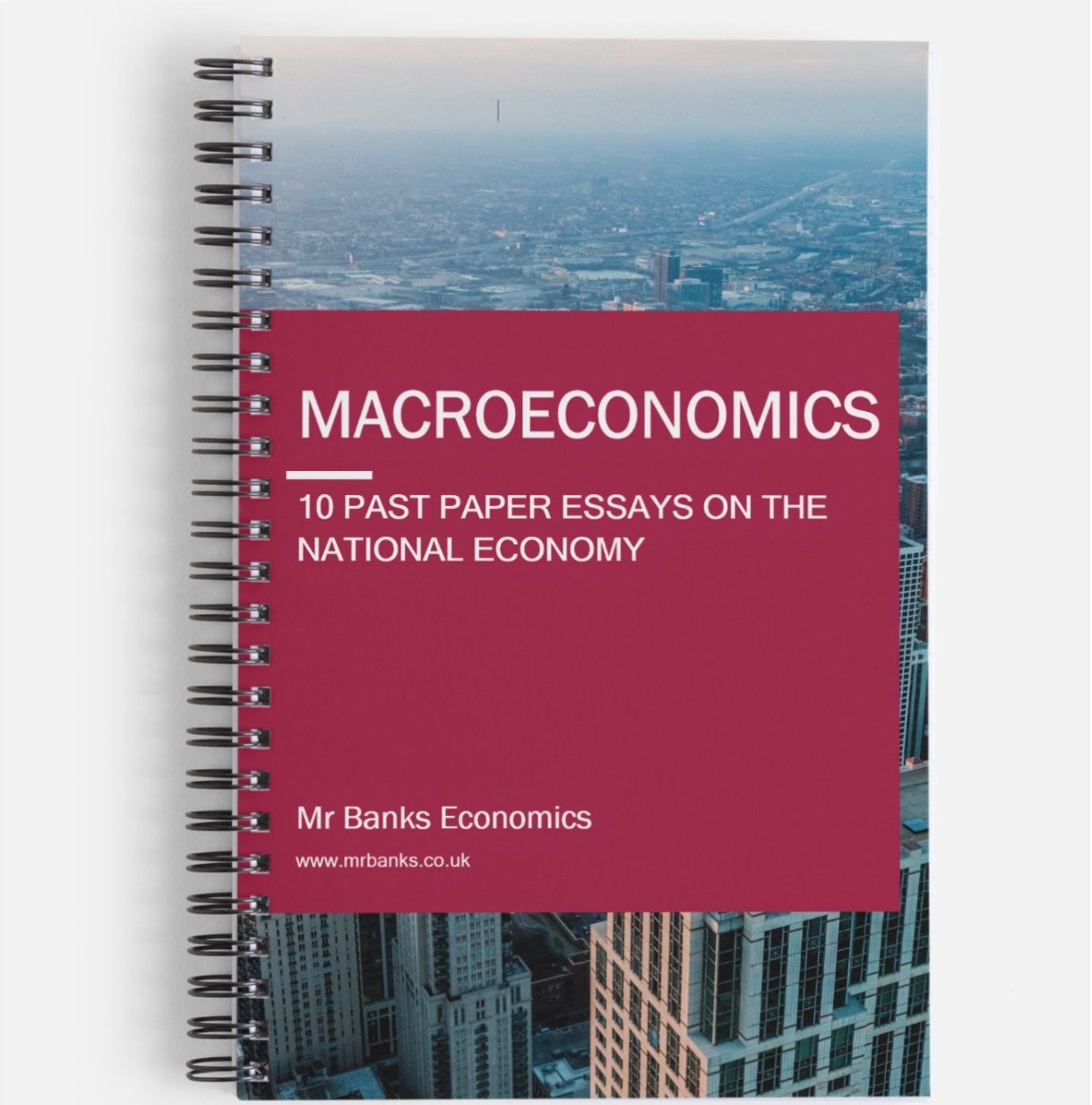Free Trade - Benefits vs Costs
A-level Economics
Free Trade is the opposite of protectionism. It means when a country trades with other countries without limits or restrictions such as tariffs or quotas.
Over the recent years trade restrictions have been gradually lifted, and many countries have moved towards free trade agreements. Many countries are also a part of trading blocs.
The WTO (World Trade Organisation) promotes free trade as much as possible. It provides a forum for members to discuss trade agreements and settle disputes. There are currently over 150 members in the WTO.
Benefits of free trade
1. Specialisation and division of labour – increases efficiency in production. Comparative advantage can be gained which means products can be produced at lower opportunity costs. This can lead to increased global output and lower prices
2. Increased competition – increase overall efficiency in markets as firms compete with each other to maintain low prices and strong quality products
3. The ability to transfer resources – many countries would not be able to produce certain products if it were not for trade e.g. oil
4. Opportunities for firms to expand into global markets – this can increase profitability and earn the country export revenue. An extreme example is an MNC (multinational corporation)
The issue with free trade is that some countries may lose as a result. These could be countries that are outcompeted as they have higher price levels, costs of production and lower productivity. What can happen as a result is emerging global monopoly powers like China, India, OPEC, and Germany.
Some may argue that loser countries (those with trade deficits) should do more to find specialisation and comparative advantage in other areas. But even so, some countries may prefer to adopt protectionist policies instead.
Disadvantages of Free Trade
1. Puts jobs at risk - can cause structural unemployment
2. Harm infant industries – an industry that has a lot of potential and is capable of competing with established firms in the future – but they have a high risk of going out of business early in the business’ life
3. Certain goods imported can be bad for society
4. Can decrease independence
5. No protection against anticompetitive behaviour like ‘dumping’ - when companies sell goods abroad at below production costs in order to put competitors out of business
6. Can create imbalances in the Balance of Payments - free trade can mean some countries benefit more than others. This means certain countries can build up very large trade deficits, meaning an excessive amount of leakages from a country’s circular flow of income
IF YOU WANT GOOD GRADES FAST, BUY THESE BOOKS!
MACROECONOMICS MODEL ANSWER BOOK
10 Past Papers with Model Answers on the National Economy
Written by an experienced Economics tutor
Full model answers with diagrams
Suitable for all UK Economics exam boards
Physical booklet
£20.00
MICROECONOMICS MODEL ANSWER BOOK
10 Past Papers with Model Answers on Market Failure
Written by an experienced Economics tutor
Full model answers with diagrams
Suitable for all UK Economics exam boards
Physical booklet
£20.00


